Gotta catch ‘em all! Whether you’re in your early teenage years or well into your thirties, you have likely heard about the craze of Pokémon Go. The popular Japanese video game and television show from the 1990s — where characters would battle each other with their captured fictional creatures called “Pokémon” — has made the ultimate comeback. With over fifteen million downloads since its debut in early July and surpassing user activity on Facebook, Twitter and Tinder, PokémonGo has inspired users of all ages to get out of their homes and catch their own Pokémon.
How can an app inspire so many people to get up and explore? Pokémon Go is based on augmented reality, a technology infusing digital and physical worlds. So forget sitting for hours and playing on your 90s Game Boy device, now you just load the app and it displays your current location on a map (think Google Maps) with local Pokémon nearby. If you’re walking down a busy sidewalk and a Pokémon suddenly appears — with the power of your GPS and your smartphone’s camera — the app will show the digital character on the screen with your whereabouts in the background. Users must walk (or run!) to the location of the Pokémon to catch it.
With the app gaining much popularity among teens and adults feeling nostalgic and reliving their childhood, it is also providing unexpected mental and physical health benefits. Pokémon Go is encouraging people to move around, take a walk and socially interact with others. In fact, the app rewards people by increasing their level of play with a certain number and type of Pokémon that are captured. The app also offers Poké stops, which offer wild Pokémon in populated areas. Pokémon are captured by traveling to the area where the Pokémon are virtually stationed and swiping or throwing Poké balls which will level you up faster. Making your way to a local lake, as guided by the app’s map, gives you better chances of running into water-type Pokémon, the more legendary and well-known.
“For a person suffering from depression or another mood disorder, the idea of exercise can be nearly impossible to contemplate, much less do,” said psychologist John M. Grohol for Psych Central. “For someone suffering from social anxiety, the idea of going outside and possibly bumping into others who may want to talk to you is daunting.” Pokémon Go has brought hundreds of thousands of youngsters and adults into neighborhoods and city streets seeking out the virtual characters, creating opportunities to connect over a common goal and interest.
Even if it is a simple fifteen minute walk around the neighborhood to catch a Pikachu, a walk outside can lead to benefits such as:
-
Improved cardiovascular health
-
Reduced stress
-
Boosted creative thinking
-
Improved mood and self-esteem
Pokémon Go’s augmented reality has made people want to partake in physical activity, exploring their surroundings and engaging in social interaction. If you’re feeling adventurous and want to catch Pokémon in your neighborhood, the app is free and available on the App Store and Google Play. Catch the Pokémon Go wave!

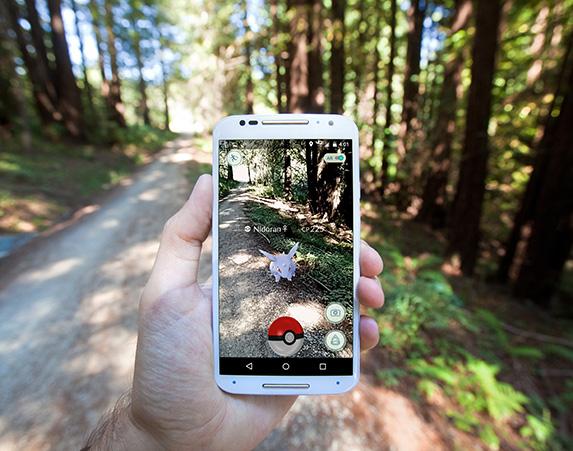





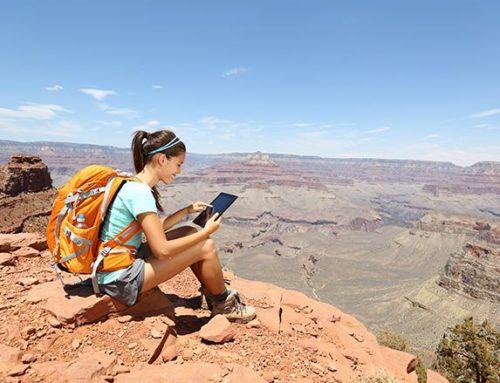









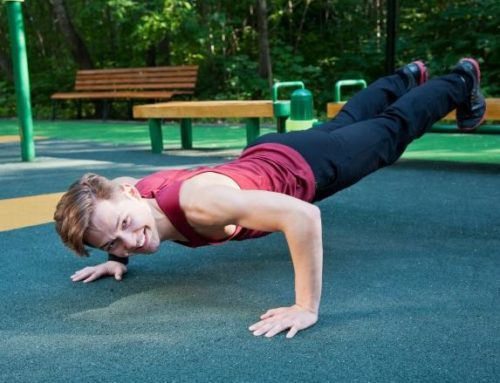
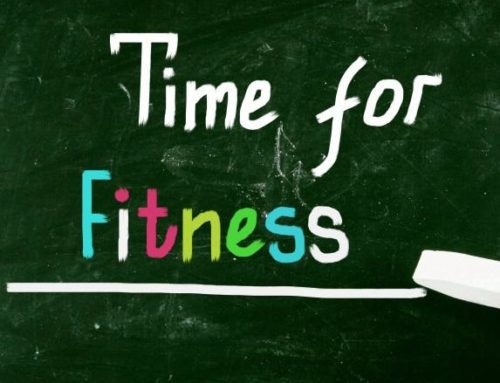






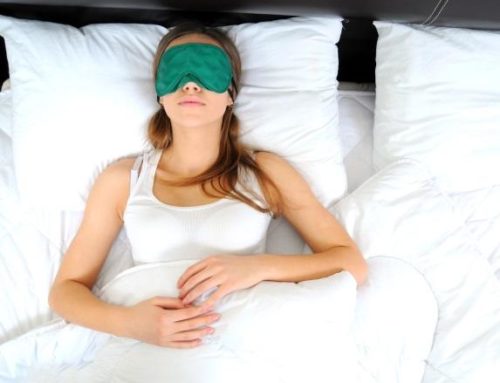





Leave A Comment